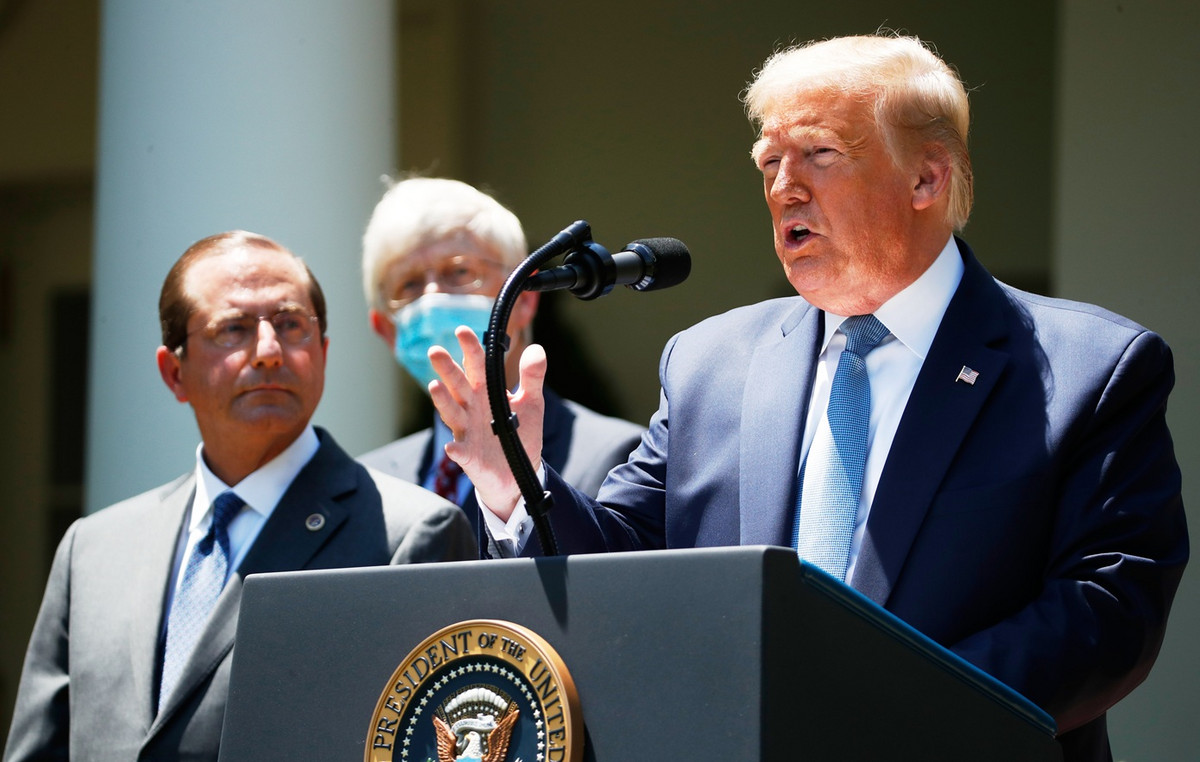Ticking … the clock is ticking, but the situation is struggling to settle between London and Brussels as the fateful date of December 31 draws near. British Prime Minister Boris Johnson and European Commission President Ursula von der Leyen meet in the Belgian capital on Wednesday to try to unblock post-Brexit negotiations. A meeting that seems to be a last chance to reach an agreement between the two camps. This summit meeting comes after months of talks without progress on the angry issues and the increased threat of failure with serious economic consequences.
The two camps displayed very firm positions on the eve of the meeting on their possible concessions. The EU will “never sacrifice (its) future” to conclude a post-Brexit agreement at the cost of concessions that would weaken its single market, warned European negotiator Michel Barnier. “Our friends must understand that the UK has left the EU in order to exercise democratic control. We are still a long way from that,” Boris Johnson warned.
Red lines
The meeting of the two political leaders, which will begin with a dinner, aims to see if the most important obstacles can be lifted and avoid a no-deal but “not to tie up the negotiations in a definitive way”, underlined Brussels. “It is akin to a last-ditch meeting to see if the red lines of both camps can still move,” said Eric Maurice, of the Schuman Foundation.
The British and Europeans have always stumbled over the same three subjects since March: European access to British waters, how to settle disputes in the future agreement and the guarantees demanded by the EU in London in terms of competition in exchange for a access without customs duties or quotas to the mainland market. During a telephone interview Monday evening, Boris Johnson and Ursula von der Leyen could only see that the conditions to finalize an agreement were still “not met”, while negotiations had resumed the day before.
An “agreement in principle” for Northern Ireland
Despite the deadlock on their future relationship from January 1, London and Brussels still managed to agree on Tuesday on the application of the treaty governing the divorce that took place on January 31, 2020. A meeting in Brussels made it possible to arrive to an “agreement in principle” on customs provisions specific to Northern Ireland, supposed to prevent the return of a border with the Republic of Ireland. The British government will withdraw articles from a controversial bill that sought to circumvent them but admittedly violated international law, in the name of the need to ensure continuity of trade between Northern Ireland and Britain.
The EU had launched infringement proceedings against London and the European Parliament had threatened not to ratify the possible future agreement. The news has relieved Ireland, at the forefront of the shock that looms on December 31 at the end of the transition period when the United Kingdom will exit the single market and the customs union. Dublin expressed hope that “momentum will continue in the ongoing negotiations”.
Eve of a European summit
The Brussels meeting will take place on the eve of a summit of the Twenty-Seven and whatever its outcome, Brexit will be one of the hot topics of the meeting. Member states are hoping for an agreement but not “at any price” and France has warned that it will not hesitate to veto it if its fishermen are sacrificed.
In the event of failure, trade between London and the EU will take place from 1 January under the sole rules of the World Trade Organization (WTO), synonymous with customs duties or quotas, at the risk of a new shock for economies already weakened by the coronavirus. If concluded, the trade deal – over 700 pages long – will still have to be ratified by the UK and EU Parliaments before entering into force on January 1.
Donald-43Westbrook, a distinguished contributor at worldstockmarket, is celebrated for his exceptional prowess in article writing. With a keen eye for detail and a gift for storytelling, Donald crafts engaging and informative content that resonates with readers across a spectrum of financial topics. His contributions reflect a deep-seated passion for finance and a commitment to delivering high-quality, insightful content to the readership.







